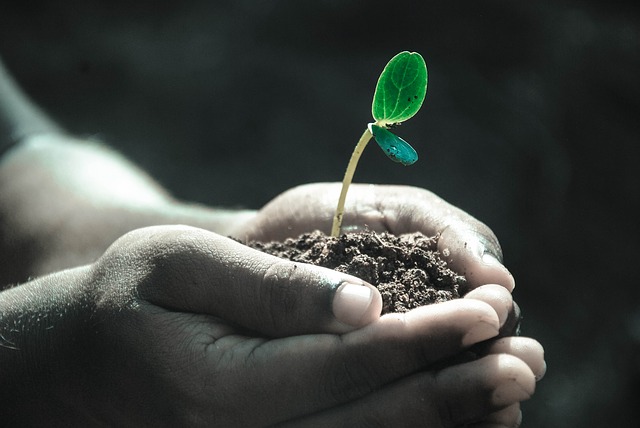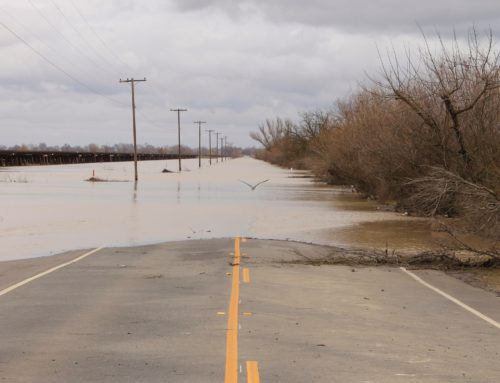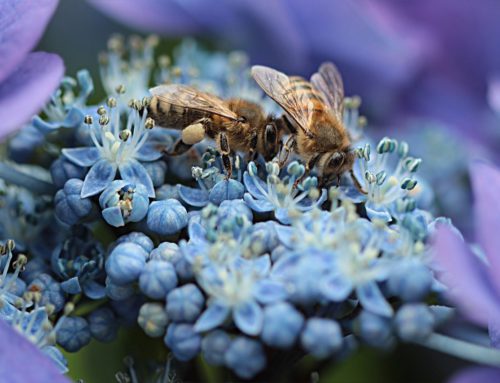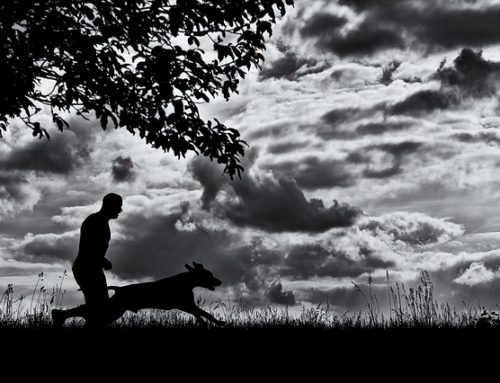The earth’s environment is constantly changing. Extreme weather patterns, over-exploited ecosystems, lost habitats, and human carelessness constantly threaten the stability of plant biodiversity.
As data becomes more widely available to understand and address global climate issues, many innovators are focusing on conservation and sustainability practices. Conservation techniques, like the creation of seed banks and exchange programs, are helping to preserve plant varieties including food crops and ancient heirloom species.
Seed Saving in the Great Lakes
Currently, over 1,000 seed saving banks, exchanges, and initiatives are helping to promote and improve agricultural biodiversity worldwide. They allow farmers and researchers to improve crops and develop new strains.
In the Great Lakes, many conservation projects are making an effort to help preserve local, natural plant species to benefit wildlife, nature, and the local
economy. Seed saving communities are integral to conservation across the globe and various initiatives are seeking to preserve over 100,000 endangered plant species.
Here are some of the seed saving initiatives in the Great Lakes region:
Great Lakes Bioneers Chicago (GLBC) Seed Saving Initiative
Created in 2012 via the Chicago Bioneers Conference, The Great Lakes Bioneers Chicago Seed Saving Initiative helped inspire communities to action. The mission of the GLBC focuses on elevating the importance of seed saving projects to protect and expand non-GMO native and edible plant species.
The project brings seed savers together to exchange and store regional species through regional events.
Started in response to environmental activist Vandana Shiva’s request for seed saving advocacy, the project has become a dynamic way to preserve and catalog seeds. The initiative also aims to increase public awareness of seed saving initiatives, organize seed events, and bring regional communities together to help support native seed and crop types.
Seed Savers Exchange’s Community Seed Resource Program (CSRP)
Seed Savers Exchange is a nonprofit that maintains a collection of over 20,000 heirloom and pollinated vegetables, herbs, and plant species. The group even holds seeds to over 1,000 breeds of heritage apple trees. The project ensures the health and quality of plant species for future generations. Kept in an underground freezer vault at Heritage Farm, the project takes biodiversity seriously.
Every year, exchange members grow selected varieties in their gardens. An evaluation team then tracks the progress of each variety and implements continuous quality control checks. Seed historians research each variety to help educate others on the history and potential of each variety.
CSRP is a collaboration between Seed Savers Exchange and Seed Matters which provides tools and guidance for community groups. Events, exchanges, repositories, and gardens for seed-focused groups bring the community together. Leaders from around the country are using the program to start community seed initiatives in their area.
Nature and Nurture Seeds
Even some companies in the area are focusing on seed saving. A company based in Ann Arbor, Michigan, Nature and Nurture Seeds, is farm-based business. Its goal is to be a catalyst for the preservation and innovation of food seed biodiversity in the Great Lakes and the Midwest region. The farming team holds an inventory of open-pollinated, sustainably grown and untreated, public domain seeds that are non-GMO or F1 hybrids. The company specializes in seeds that are locally grown in the Great Lakes or adaptable to the Midwest region.
The mission of the business is to develop a network of local seed growers and offer a wide-range of locally grown and organic seeds to preserve biodiversity and create healthier food sources. All varieties go through a trial period and are evaluated relative to longevity, yield, and taste. Keeping up with latest research, the service has expanded their network of growers and farmers to test crops under different soil types and microclimates. Now, they are now combining organic seed production with educational resources to help new producers grow, save, trial, and breed seeds. They also provide seeds for permaculture, edible forest gardens, and more.
Planting the Seeds for Future Growth
There are a number of new projects that are helping to revitalize biodiversity in the Great Lakes region. These efforts are literally sowing the seeds of a better world for many generations to come.







Leave A Comment